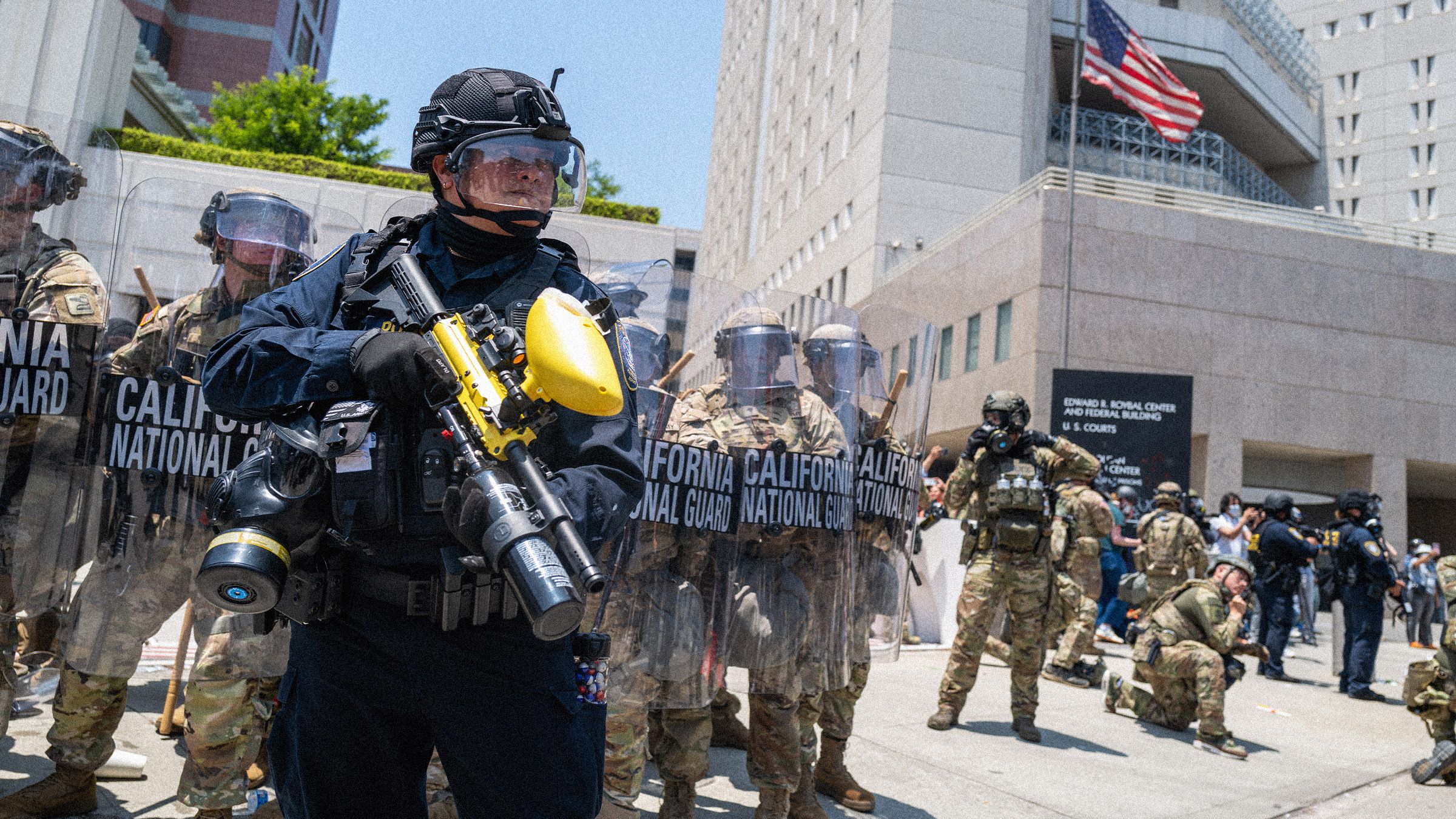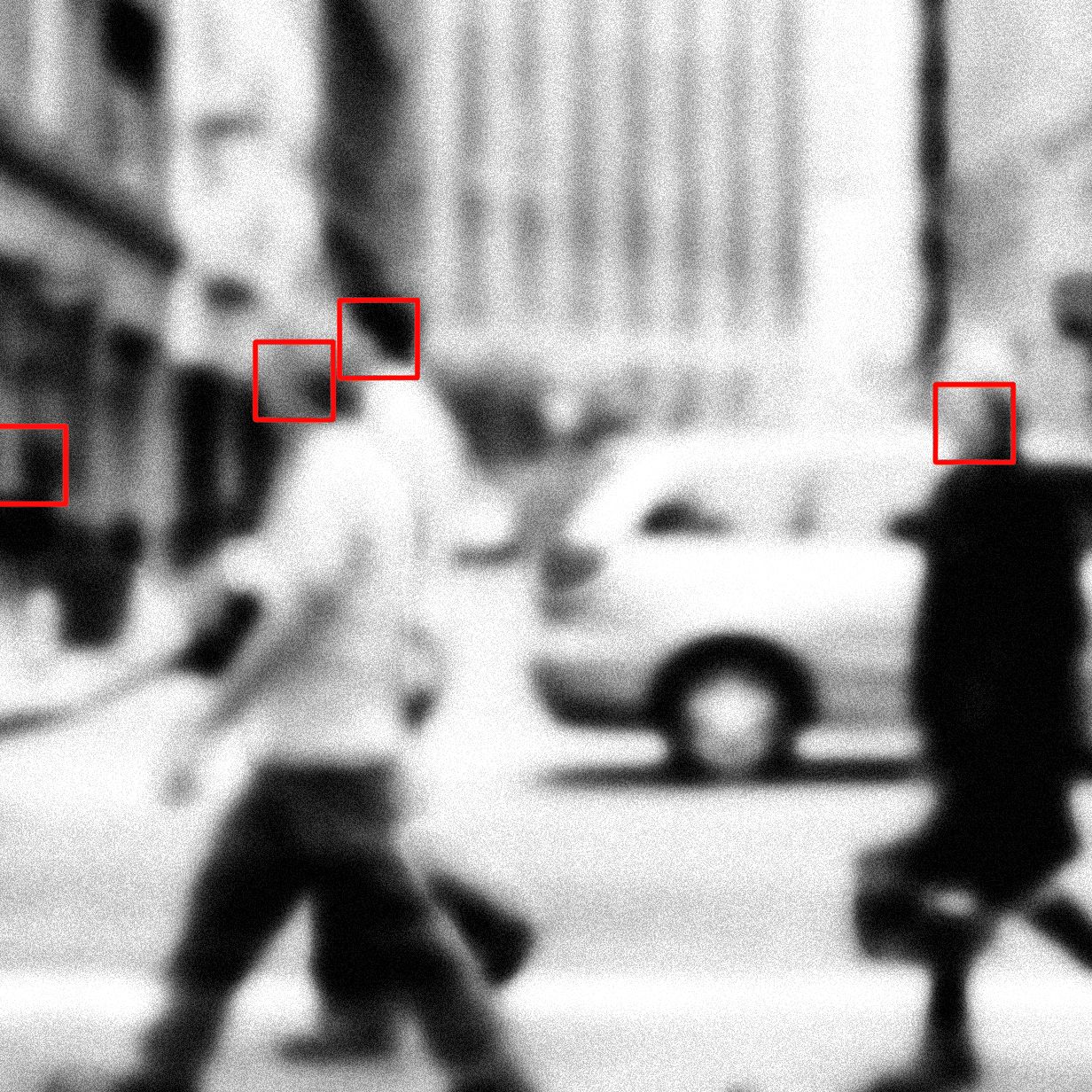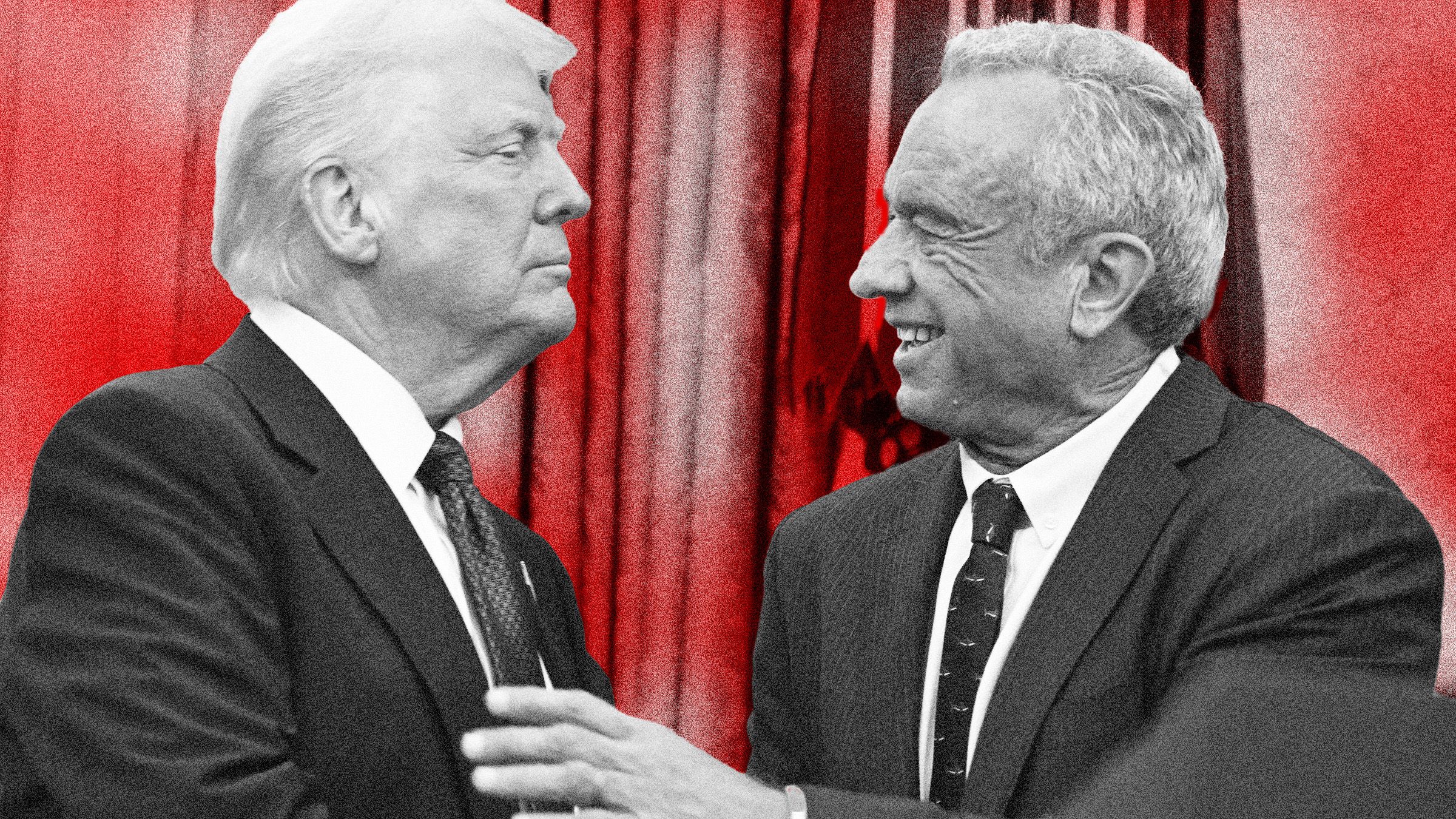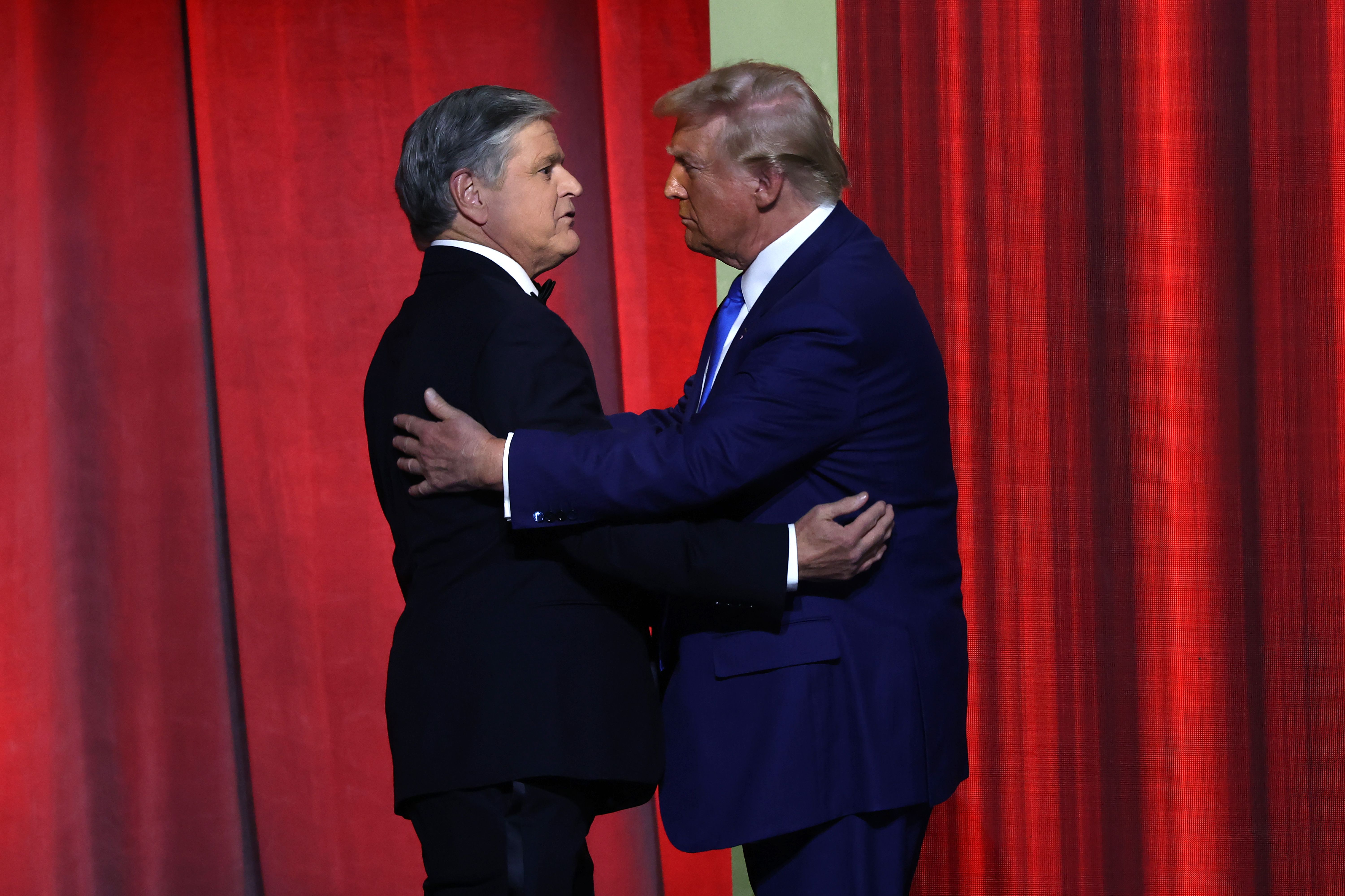The ‘Long-Term Danger’ of Trump Sending Troops to the LA Protests
The ‘Long-Term Danger’ of Trump Sending Troops to the LA…

The ‘Long-Term Danger’ of Trump Sending Troops to the LA Protests
President Trump’s decision to send federal law enforcement officers to quell protests in Los Angeles has sparked widespread criticism and fears of escalating tensions. Many experts and politicians have voiced concerns over the long-term consequences of such militarized responses to civil unrest.
One of the key dangers is the erosion of trust between communities and law enforcement. Sending in troops can inflame existing tensions and further alienate marginalized communities, ultimately making it harder for law enforcement to build relationships and effectively serve and protect all residents.
There is also the risk of setting a dangerous precedent for future responses to protests. If sending troops becomes the default response, it could undermine the right to peaceful assembly and embolden authorities to use excessive force in dealing with dissent.
Furthermore, militarizing the response to protests can have a chilling effect on free speech and the right to protest. Citizens may be less likely to exercise their democratic rights if they fear a heavy-handed response from authorities.
In addition, the use of military personnel in domestic situations raises concerns about accountability and transparency. Troops may not be subject to the same oversight mechanisms as local law enforcement, potentially leading to abuses of power and violations of civil liberties.
Overall, the decision to send troops to the LA protests represents a troubling escalation of tensions and poses significant risks to civil liberties and democratic norms. It is imperative that policymakers and law enforcement agencies prioritize dialogue, de-escalation, and community-centered approaches to address the root causes of civil unrest.







